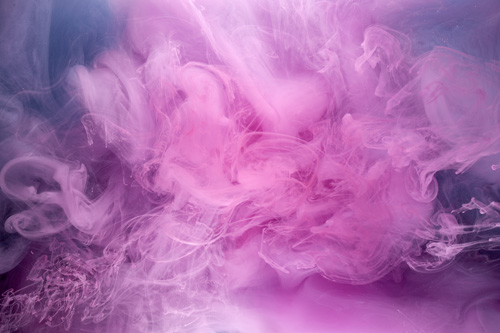Irritable Bowel Syndrome (IBS) is one of the most common—and most misunderstood—digestive diagnoses. Patients are often told to manage stress, increase fiber, or try medications. But there’s another angle worth exploring: What if your IBS isn’t just about the bowel—it’s about histamine and mast cells?
The truth is, there’s more going on than meets the gut.
Mast Cells: The Irritation Before the Bowel Syndrome
Mast cells are immune cells that sit right next to the nerves in your gut wall—the very nerves responsible for sensing pain, bloating, and regulating motility. When triggered, these mast cells slowly leak histamine and other inflammatory compounds, sensitizing nearby nerves and creating that familiar burning, cramping, bloated discomfort associated with IBS.
This isn’t just speculation—it’s a direct connection between immune system activation and nervous system hypersensitivity.
Why Histamine Matters in IBS
Histamine plays a central role in gut permeability, motility regulation, and pain signaling. When histamine levels are elevated—or the body lacks enough DAO enzyme to break it down—symptoms appear and persist.
Histamine-linked IBS symptoms often include:
- Cramping and spasms after meals
- Bloating, especially in the evening
- Nausea or early fullness
- Diarrhea, constipation, or both
- Reactions to certain foods (even “healthy” ones)
- Brain fog, fatigue, or anxiety after eating
If this pattern sounds familiar, histamine may be part of your IBS puzzle.
Rethinking Treatment: Histamine, the Microbiome & Motility
Addressing IBS with a histamine-informed approach often leads to meaningful symptom relief. Here’s how:
1. Reduce the Histamine Burden
Avoid or limit high-histamine foods such as fermented products, cured meats, leftovers, aged cheeses, and alcohol. Some foods also act as histamine liberators—triggering histamine release even if they’re not high in it themselves.
2. Add DAO Enzyme Support
DAO (diamine oxidase) is the main enzyme that breaks down histamine in the digestive tract. If histamine intolerance is suspected, DAO supplements taken before meals can reduce symptom flares.
3. Reset the Microbiome
An imbalance in gut bacteria can contribute to excess histamine production and intestinal inflammation. Some bacterial strains are histamine-producing, while others support a more stable, anti-inflammatory environment.
Steps include:
- Using low-histamine probiotics
- Avoiding common probiotics that increase histamine
- Using prebiotics and antimicrobial herbs to shift microbial balance when needed
4. Repair the Gut & Normalize Motility
Chronic inflammation can weaken the gut lining, contributing to food sensitivities and erratic digestion. Supportive nutrients—like L-glutamine, zinc carnosine, and vitamin A—can help rebuild the intestinal barrier.
Additionally, addressing gut-brain signaling through nervous system regulation (vagal tone work, somatic therapies, or breathwork) can improve motility and reduce visceral hypersensitivity.
IBS Is Real—So Is the Inflammation Behind It
IBS is often dismissed as a “functional disorder,” implying a lack of clear cause. But when mast cells and histamine enter the picture, many unexplained symptoms begin to make sense.
And with the right approach—targeting histamine, supporting detox, healing the gut lining, and cultivating a healthier microbiome—those symptoms don’t just improve. They can disappear.
If you’ve been chasing answers for your IBS and nothing has worked, it might be time to look beyond digestion—and start looking at histamine.






